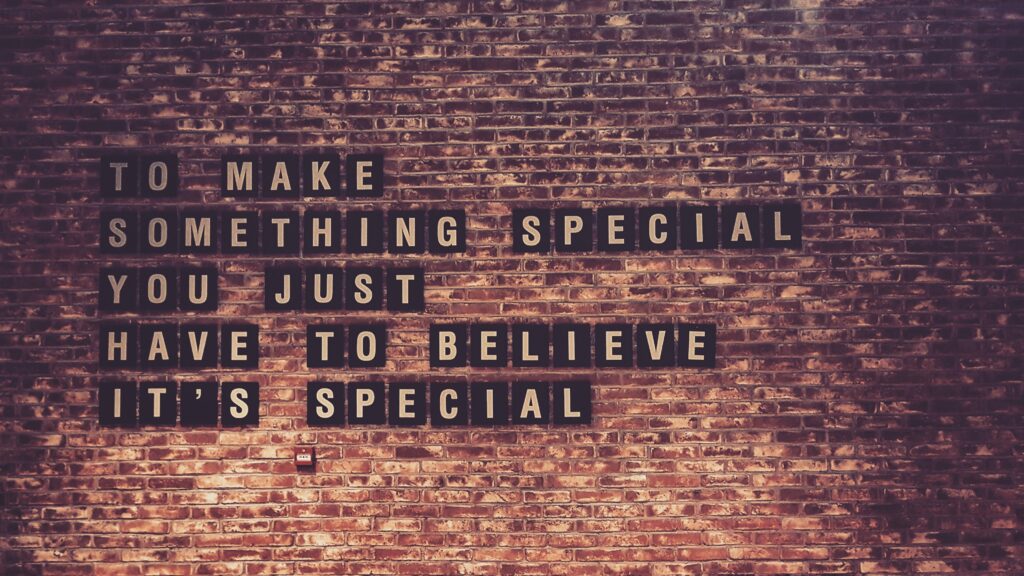When fun things are also bad for you
I have been avoiding going to Twitch for a week now. I know, it’s not that long a time, but this is a website I might usually have open for 12 hours each day as background noise. And that’s how I’ve considered it, just harmless background noise, although it’s also had a strong social component for me. For the uninitiated ones, Twitch is a streaming platform – mostly for gaming, but people can theoretically stream anything, like arts or just chatting, exercise or cooking.
The thing is, I don’t go out much because a lot of it isn’t super enjoyable to me. Places are loud, I don’t really know people, and I’m terrible at meeting new ones. I get extremely self-conscious and some social skills I just lack entirely (turn-taking in conversation, for example, is a complete fucking mystery to me). Over the past few years, Twitch has become the platform for me to meet new people using my favourite means of communication, writing in chat. People there tend to find me funny and cute, and people who know me tend to greet me happily. It feels good.
The problem is, this chick has trauma. And this has caused me to have issues with people-pleasing to the point where even now at 40, I still find it difficult to express a differing opinion, I avoid confrontation as much as possible, and sometimes may not even know what my opinion on something is. I feel some kind of a duty to be around for other people, even if they don’t really do the same in return. Often, if I watch a movie or if I’m listening to music with someone, we go with the other person’s pick because it doesn’t really even occur to me that someone might be interested in the same thing as me. I also sense other people’s emotions easily and strongly, and they affect my own. When someone goes quiet, I can tell if there is a negative feeling behind it, and it causes me a lot of anxiety.
What does this have to do with Twitch? When I see that a friend is streaming, it’s not just a simple feeling of wanting to say hi, but I also feel that in some way it’s my responsibility to go over and hang out for as long as I can. Because viewers and chatters on Twitch are currency and of course I want to support the people that I like. However… I’ve clearly never had any kind of healthy boundaries with this. If a streamer has a more or less steady schedule and I know it, I may feel like I have to be there. I may also stick to a stream even if it’s not the best place for me to be at that time. There may be sounds that are bothering me, or the streamer might be having a bad time with a game, and their frustration is also affecting my emotions. Or I might really want to do something else, like watch a tv show, but I feel like I can’t leave the stream because it would be “rude”.
I’ve managed to turn Twitch into a prison. A prison where I really like my fellow inmates, but still a prison.
Something that’s supposed to be “harmless” and “fun” has been slowly overwhelming me to the point where I feel like I’ve been living in autistic pre-burnout (not an official term) for who knows how long. I’ve been extremely emotional and irritable, I’ve had moments when my own cats’ meowing has been driving me insane, I’ve slipped easily into negative thoughts, I’ve been exhausted, and although I’ve kept playing some games and watching tv and movies, I haven’t felt as excited about those things as I have sometimes in the past. I’ve struggled with normal daily life decisions and when I’ve tried to do seemingly ordinary stuff like go to the office two days in a row, I may have been so overwhelmed at the end that I’ve burst into tears 20 minutes after getting home. Because every last drop of energy has been squeezed out of me. I’ve also been eating a lot more sugar for comfort and dopamine. Basically I’ve been a mess, and not the best for myself or my cats. Arguably not even the best to my friends, even if I’ve so desperately tried to be good for them.
In her video about pre-burnout, Taylor (Mom on the Spectrum) talks about removing things from your life to create a little breathing room, and it feels like that’s what I’ve been doing. By stepping back from Twitch, I can live based on my own schedule instead of other people’s. I have fewer social obligations. I can listen to music – my music – and play my games instead of watching other people play theirs. The cost is not hearing my friends’ voices on a daily basis or knowing what they’re up to – but I also feel it’s sad that I have to tune into a stream to find out. It’s like I’ve become a participant of a broadcast culture where you don’t really speak to people individually anymore, but to find out how someone is doing, you have to catch the show. And this is where we also get to the parasocial level, but that’s probably too big a discussion for here and now.
My break from Twitch so far has been very good for me. I haven’t solved all of my anxiety and exhaustion problems, no, but… I’ve started to get excited about things again. Fandom things, new things as well as old. The long-awaited Terraria update is out and I can play it whenever I want! I finally saw Stranger Things season 4 so I could join the masses and fiercely fall in love with Eddie Munson! I’ve been a slightly better cat momma and if I’ve cried, it’s been for a reason that makes sense (like loss) and not just general overwhelm or intrusive brain goblin thoughts. And while I haven’t really talked much to my Twitch friends, I’ve been chatting more with some of my older ones and in a way remembered why we are friends. It has also been easier for me to fight back jealousy and other negative thoughts. I still get them, of course, but my reaction is more of an “oh well, so what?”
My problem is that I don’t really know what to do with Twitch now. Is it a place that will always be damaging to me because of the expectations that I place on myself? Is there a way I could pop in now in then, establish boundaries, and leave the moment I no longer feel good? Is this an issue that I need to find a solution for at all – do I need to be on Twitch? Or is my desire to find a solution just another sign of me not wanting to let other people down and disappoint them, even if returning came at a cost to my wellbeing? Which ones, if any, of my friendships are the kind that could last even without my presence there? Is it a real friendship if it relies on a single platform? It’s hard because I care about people deeply, but there has to be a way for us to connect in a way that doesn’t harm me or feel like a transaction of some kind (i.e. I am here and your channel benefits from me being here).
Right now, I choose to continue my break. I popped in for a few minutes in two streams yesterday and realized I kind of couldn’t stomach it more than that. Something in me is rejecting it now. It’s like it turned into poison overnight. This was unexpected. I’ve taken a break from Twitch before, for a different reason, but back then I kind of couldn’t wait to get back in there. This time it’s different. To be continued…










